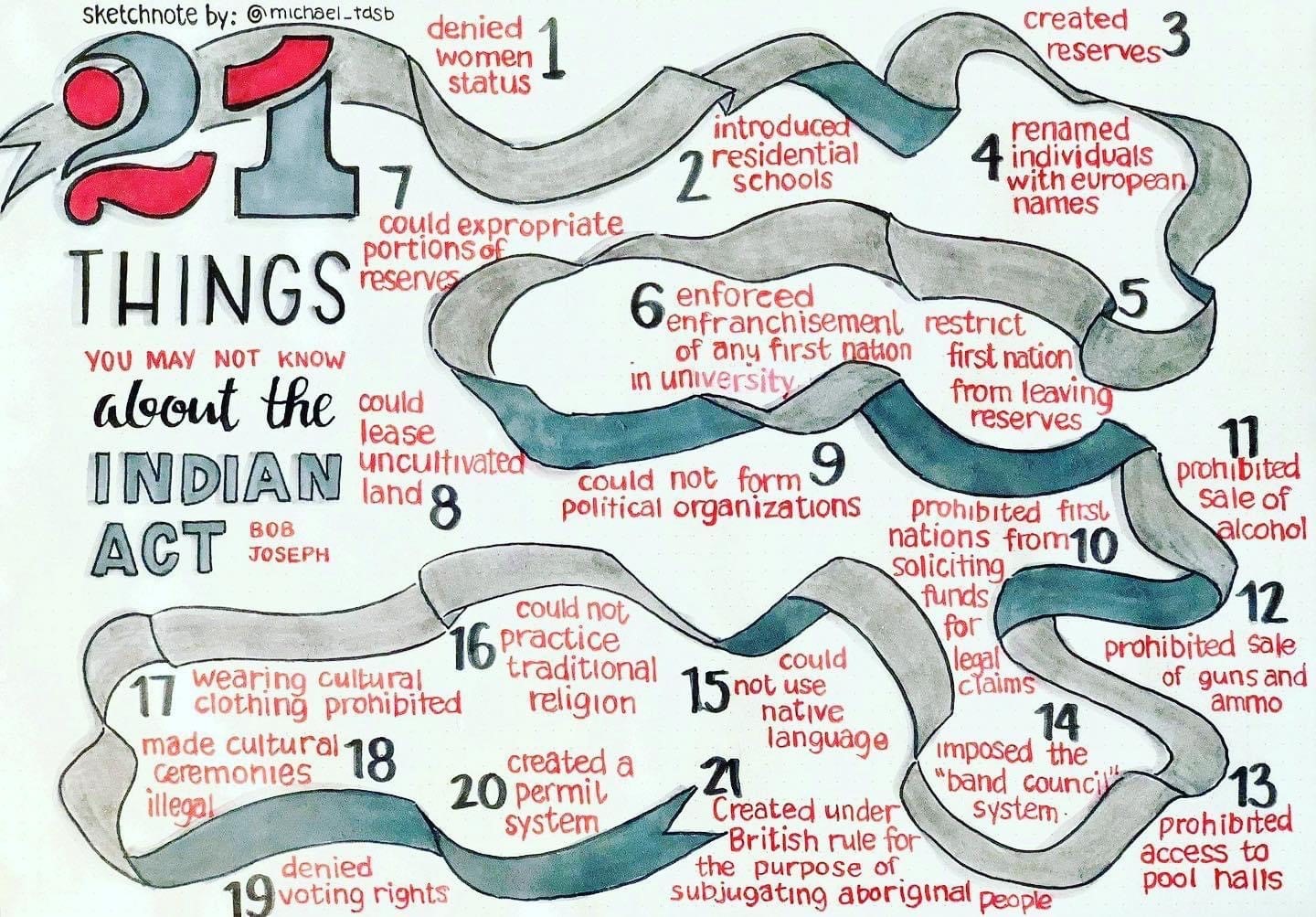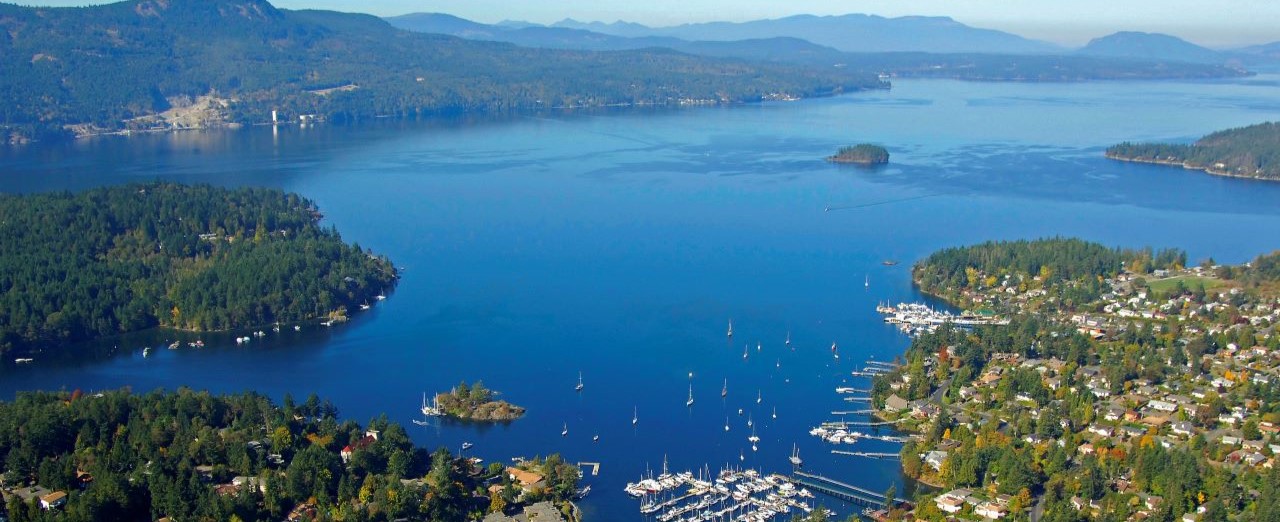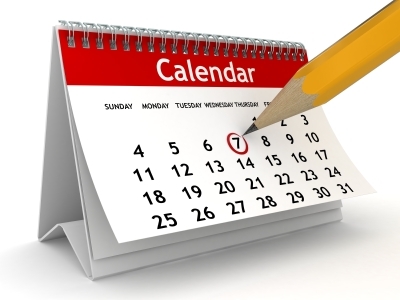Cultural Safety Resources
What is Cultural Safety?
“Most people are aware of the statistics that indicate significant health and social disparities between Indigenous and non-Indigenous people... These realities are troubling—as they should be. But what is also important is the context in which these inequities occur, namely, the way social, historical, political and economic factors have shaped and continue to shape Indigenous peoples’ health. This context helps us answer questions such as “Why do Indigenous people have drastically different health and social outcomes?” and “Is there something wrong with the system?” Asking and answering these questions can help to disrupt narratives that blame Indigenous people for the failure to address their own health issues. How we understand these issues, and how we answer these questions, is critical to any action we take.”
– Cheryl Ward, What Is Indigenous Cultural Safety and Why Should I Care About It?
W̱SÁNEĆ Ethnobotany Trail
Located at the Horticulture Centre of the Pacific, the trail provides an amazing opportunity to educate visitors, students and community members in W̱SÁNEĆ territory about the cultural and ecological importance of native plants and ecosystems. The Division had a chance to walk through the trail with PEPAḴIYE Ashley Cooper at our 2023 AGM. Ashley has kindly taught us the signs and explained traditional medicine of the plants at the trail for better understanding of the significance of seeing and acknowledging these medicines for First Nations people. Click here to read about the medicinal plants at this trail.
Indigenous Cultural Safety Training
-
Indigenous Health Rounds - interCultural Online Health Network (iCON) has partnered with Vancouver Coastal Health (VCH) Indigenous Health to develop Indigenous Health Rounds, which serve as a platform to bring Indigenous voices to health care providers, policy makers and health administrators for knowledge sharing, dialogue, and brainstorming solutions to combat racism and foster culturally safe healthcare settings for Indigenous patients and families.
-
San’Yas Anti-Racism Indigenous Cultural Safety Training Program (Family Physicians can submit their receipt for the cost of the program along with certificate of completion)
-
Advanced SAN’YAS training: Bystander to Ally. If you have an Island Health email address, you can use that to register and the cost for the course is covered.
- DoBC: Indigenous Cultural Safety Learning Series. Facilitated by Harley Eagle.
- Session 1: Learning support for physicians network
- Session 2: Hearing our history & stories
- Session 3: Digging for the root and connecting dots
- Session 4: Finding a way forward together
- Session 5: Tying it all together and continued support
- For more resources relating to the webinars, please click here!
- First Nation Health Authority: My dad’s unbelievable story, untold by him
- National Indigenous Cultural Safety Webinars Videos
-
Journey Home: Dr's meeting with WSANEC Elders & knowledge holders around palliative care
-
iCon; A Coming Together of Health Systems: Traditional Practitioners
-

-
JCC webinar recordings
Recordings are now available for the Eyameth: 'Weaving Health Together' and Introduction to Métis Nation British Columbia cultural safety webinars:
- Eyameth: Weaving Health Together: Blending western medicine with Indigenous health and wellness.
- Introduction to Métis Nation British Columbia (MNBC): A rich history of the Métis and the programs and services provided by MNBC.
Recommended Readings
Article/Reports
- BC Medical Journal: Integration of traditional medicine practices into Western primary care
- United Nations Declaration on the Rights of Indigenous Peoples
- In Plain Sight
- Truth and Reconciliation Commission of Canada: Calls to Action
- Reclaiming Power and Place: The Final Report of the National Inquiry into Missing and Murdered Indigenous Women and Girls
- What is Indigenous Cultural Safety – And Why Should I Care About It?
- First Peoples, Second Class Treatment
- Declaration on the Rights of Indigenous Peoples Act
Books
- Me and White Supremacy -- Layla F. Saad
- The Emperor Has No Clothes: Teaching About Race and Racism to People Who Don't Want to Know – Tema Okun
- Anti-Racist Health Care Practice – Elizabeth McGibbon and Josephine Etowa
- Structures of Indifference: An Indigenous Life and Death in a Canadian City - Adele Perry and Mary Jane Logan McCallum
Podcasts & Radio
- Indigenous Peoples and Public Health
- First Nations, Second-Class Care
- All Our Relations: Finding the Path Forward
Documentaries & Interviews
- Tips for Effective Allyship
- Mansbridge One on One: Cindy Blackstock
- Jordan River Anderson, The Messenger
First Nations on Vancouver Island
Map of First Nation communities
Trans Care Resources
Visit Trans Care BC - PHSA for a full list of Support Tools that offer practical strategies for creating welcoming, accessible, and gender-affirming environments, places, and services. Here is some Foundational Knowledge:
- Gender inclusive language - a handout that offers some simple terms and phrases you can use when you don't already know what words, terms, names, and pronouns a person uses when speaking about their families and themselves.
- Making mistakes and correcting them - a tip sheet to help correct mistakes and move on, including when using the wrong word, term, name, or pronoun.
- Exploring gender diversity (a gender diagram) - one visual framework for discussing gender diversity. It uses terms common to gender diverse communities, within British Columbia.
- Trans Rights BC website - an online guide that explores the legal rights of gender diverse people in British Columbia.
LGBTQ2SIA+ Family Building Service
The physicians and staff at Olive Fertility Centre have been helping LGBTQ2SIA+ family groups and individuals grow their families for over 20 years. Inclusion of all gender and sexually diverse people is an important value of Olive Fertility Centre.
LGBTQ2SIA+ family building: How this Victoria couple is navigating their fertility journey
Victoria Olive Fertility Centre | 911 Yates Street, Suite 214, Victoria, BC V8V 4X3
Phone: 250-410-1664 | Fax: 604-559-9951
Hours: Monday - Friday 7:30 AM - 3:30 PM



